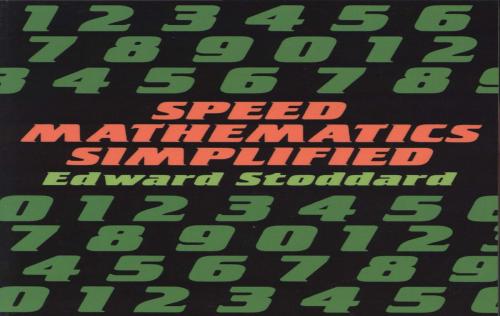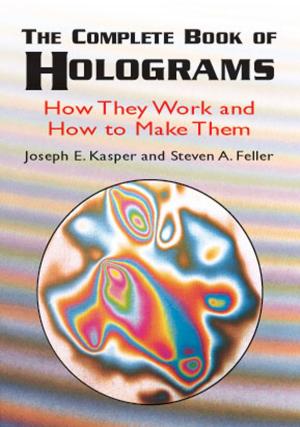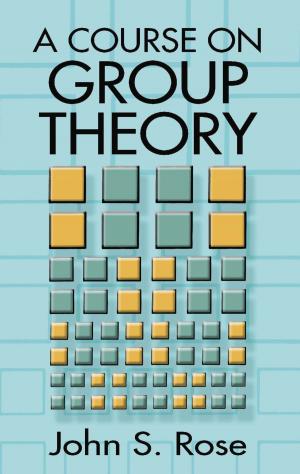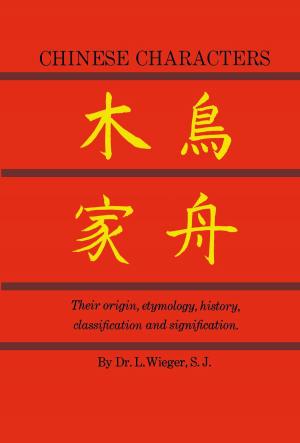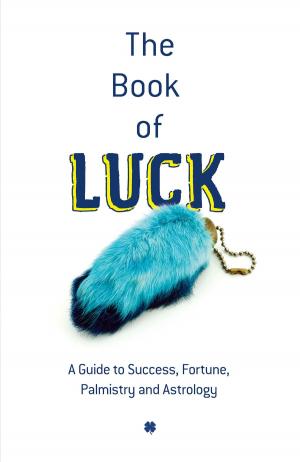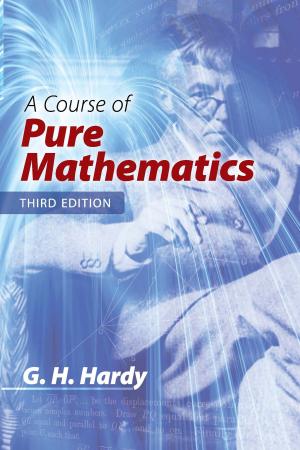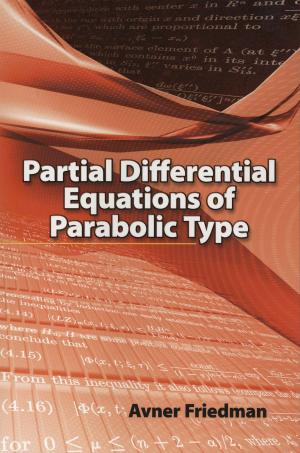Speed Mathematics Simplified
Nonfiction, Science & Nature, Mathematics, Arithmetic, Study & Teaching| Author: | Edward Stoddard | ISBN: | 9780486319889 |
| Publisher: | Dover Publications | Publication: | April 9, 2013 |
| Imprint: | Dover Publications | Language: | English |
| Author: | Edward Stoddard |
| ISBN: | 9780486319889 |
| Publisher: | Dover Publications |
| Publication: | April 9, 2013 |
| Imprint: | Dover Publications |
| Language: | English |
This entertaining, easy-to-follow book is ideal for anyone who works with numbers and wants to develop greater speed, ease, and accuracy in doing mathematical calculations.
In an inspiring introduction, science writer Edward Stoddard offers important suggestions for mastering an entirely new system of figuring. Without having to discard acquired information about mathematical computation, students build on the knowledge they already have, "streamline" these techniques for rapid use and then combine them with classic shortcuts.
Initially, readers learn to master a basic technique known as the Japanese "automatic" figuring method — the principle behind the abacus. This method enables users to multiply without carrying, divide with half the written work of long division, and mentally solve mathematical problems that usually require pencil and paper or a calculator. Additional chapters explain how to build speed in addition and subtraction, how to check for accuracy, master fractions, work quickly with decimals, handle percentages, and much more.
A valuable asset for people in business who work with numbers on a variety of levels, this outstanding book will also appeal to students, teachers, and anyone looking for a reliable way to improve skill and speed in doing basic arithmetic.
This entertaining, easy-to-follow book is ideal for anyone who works with numbers and wants to develop greater speed, ease, and accuracy in doing mathematical calculations.
In an inspiring introduction, science writer Edward Stoddard offers important suggestions for mastering an entirely new system of figuring. Without having to discard acquired information about mathematical computation, students build on the knowledge they already have, "streamline" these techniques for rapid use and then combine them with classic shortcuts.
Initially, readers learn to master a basic technique known as the Japanese "automatic" figuring method — the principle behind the abacus. This method enables users to multiply without carrying, divide with half the written work of long division, and mentally solve mathematical problems that usually require pencil and paper or a calculator. Additional chapters explain how to build speed in addition and subtraction, how to check for accuracy, master fractions, work quickly with decimals, handle percentages, and much more.
A valuable asset for people in business who work with numbers on a variety of levels, this outstanding book will also appeal to students, teachers, and anyone looking for a reliable way to improve skill and speed in doing basic arithmetic.
